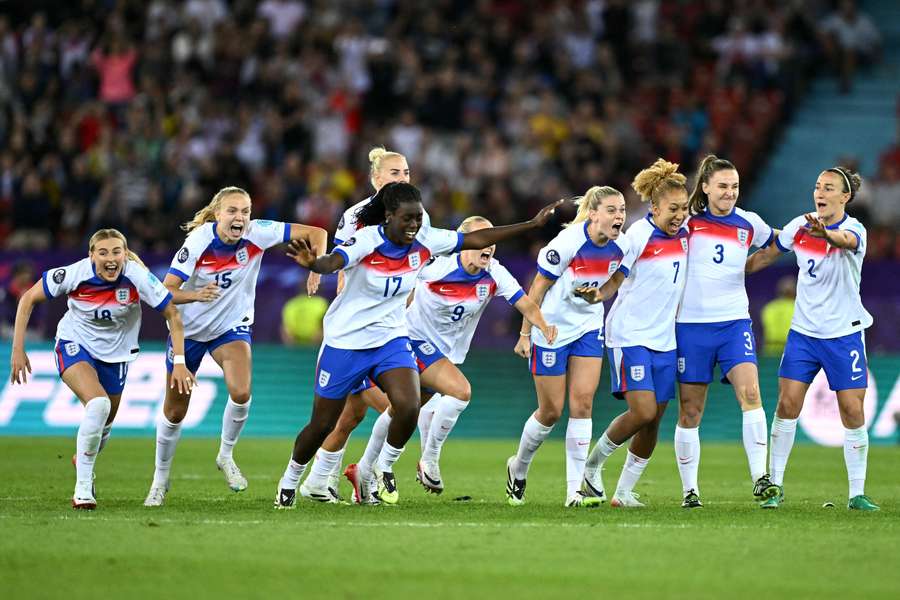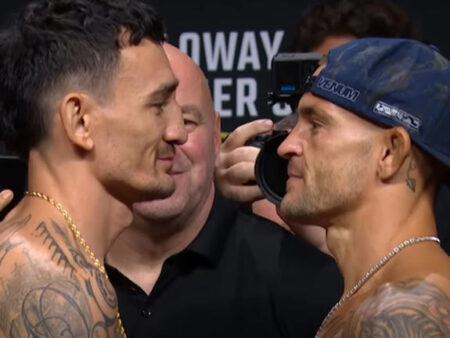
As the Women`s European Championship reaches its fever pitch and the summer transfer window orchestrates its annual symphony of strategic maneuvers, the world of football finds itself gripped by both on-field heroics and behind-the-scenes machinations. This week promises a compelling blend of narrative — from underdog triumphs to calculated club investments — painting a vivid picture of modern football`s multifaceted evolution.
Women`s Euros: A Semifinal Story of Favorites and Rising Stars
The spotlight intensely shines on the Women`s Euro semifinals, a stage set for high drama where established powerhouses clash with burgeoning forces. England, the reigning champions and tournament favorites, have navigated their path with a characteristic blend of dominant offense and a surprising penchant for dramatic comebacks. Their quarterfinal victory, overcoming a 2-0 deficit against Sweden via a penalty shootout, served as a stark reminder that even the strongest teams face their moments of vulnerability, particularly when confronted with dynamic physicality.
With an impressive 13 goals across four matches, distributed among ten different goalscorers, the Lionesses boast an attacking depth that is the envy of many. However, their 2-1 group stage defeat to France earlier in the competition highlighted that despite their prolific scoring, defensive solidity remains a point of emphasis.
Across the pitch, Italy emerges as the tournament`s compelling underdog narrative. Not traditionally viewed as a footballing giant in the women`s game, Le Azzurre have undergone a remarkable transformation, culminating in their first knockout win at this competition since 1997 – a spirited 2-1 victory over Norway in the quarterfinals. This ascent underscores a broader trend: the increasing competitiveness and depth within women`s football.
At the heart of Italy`s revival is striker Cristiana Girelli, whose three goals have been instrumental, placing her just one behind the tournament`s leading scorer. Her ability to trouble defenses, much like France and Sweden did against England, will be crucial. Italy`s resurgence is not merely a tale of individual brilliance but also a testament to strategic leadership. Manager Andrea Soncin, who took the helm after the 2023 Women`s World Cup, is widely credited with fostering a cohesive team environment and instilling a profound sense of self-belief among his players.
As Girelli herself articulated: “He`s done an incredible job – he`s played a huge role. He brought cohesion to this team, he gave us motivation, he let us express ourselves, and he gives us self-belief every day. We`re building this awareness that we can do it no matter what. He`s brought ideas – new ideas. And it`s also maybe made us express our abilities even better. And one thing you can`t take for granted is that he made us feel important, and he made us all realise that everyone has their time. He`s done an extraordinary job.”
It is this newfound confidence that makes Italy a genuinely captivating opponent, irrespective of the match`s outcome.
The Global Transfer Market: A Strategic Chess Game
Away from the roar of the semifinals, the European football transfer market continues its relentless churn, a high-stakes arena where clubs meticulously sculpt their squads for the arduous season ahead. This period is less about raw emotion and more about calculated risk, financial dexterity, and the perennial pursuit of tactical advantage.
Among the notable movements, Noni Madueke`s transfer from Chelsea to Arsenal signifies the Gunners` ambitious summer strategy. Aiming to finally break their streak of Premier League second-place finishes, Arsenal`s recruitment drive speaks volumes about their intent to dominate. Concurrently, Victor Osimhen`s permanent move from Napoli to Galatasaray marks the conclusion of a prolonged transfer saga, albeit to a destination that might have initially surprised many following his prolific performances.
Perhaps more indicative of the market`s dynamic nature are the rapid, high-value deals that emerge with little prior speculation. Liverpool`s reported agreement to sign Hugo Ekitike from Eintracht Frankfurt for upwards of $110 million exemplifies this trend. Outmaneuvering Newcastle United, Liverpool continues its attacking overhaul. At 23, Ekitike represents both a present asset and a future investment, a forward whose pressing capabilities align with Arne Slot`s tactical vision, even if his goal conversion rate still has room for improvement. The investment, as some analysts note, is a bet on potential as much as immediate impact.
Meanwhile, in Spain, Barcelona`s reported loan acquisition of Marcus Rashford from Manchester United, with an option to buy, offers a fascinating study in economic pragmatism and player revival. Still navigating financial constraints despite a double-winning season, Barcelona`s move for Rashford is a low-risk, potentially high-reward gamble. At 27, Rashford`s career has perhaps not yet fully realized its prodigious early hype within the tumultuous environment of Old Trafford. A change of scenery to a less physically demanding league like La Liga could provide the perfect crucible for a rediscovery of form. As one analyst aptly put it, “sometimes all it takes is a change of scenery to rediscover oneself.” This move underscores the hope that a fresh start can unlock latent potential, even for seasoned professionals.
The Enduring Allure of Football
From the passionate battles on the pitch in the Women`s Euros, showcasing the undeniable growth and talent in women`s football, to the shrewd, often bewildering, maneuvers of the transfer market, the sport continues to captivate. These intertwined narratives — one of pure athletic contest and the other of strategic business acumen — collectively reinforce football`s enduring appeal. Whether it`s the roar of the crowd celebrating a surprise Italian goal or the quiet satisfaction of a club securing a vital new signing, the drama of the beautiful game never ceases to evolve.









